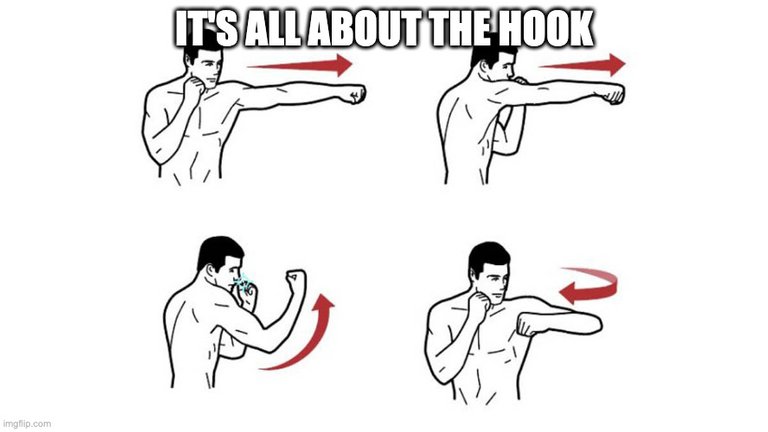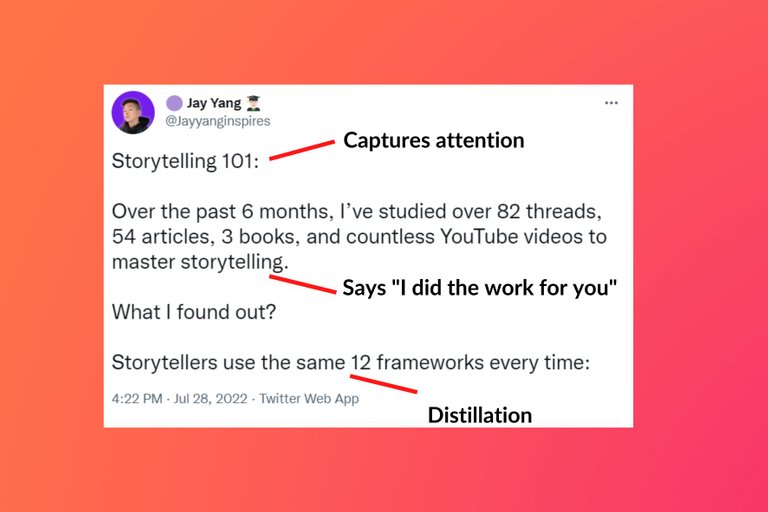
Whether you’re writing a post, an ad or an article, your job is to grab the attention of the reader on the first line.
I’ve used Claudia’s tips below to craft better hooks on articles. It works.
Here's the Best Marketing Tip I've Read This Week.

The best hooks are scissor statements.
Fictional or not? This story is about how an algorithm was created to generate scissor statements, and the worst ones can basically be used to destroy society.
Scissor statements are controversial declarations aimed at eliciting a strong positive or negative responses out of a reader.
I am entirely convinced that they let out worst scissor statements in the past few years and we’re all paying for it.
“If you just read a Scissor statement off a list, it’s harmless. It just seems like a trivially true or trivially false thing. It doesn’t activate until you start discussing it with somebody. At first you just think they’re an imbecile. Then they call you an imbecile, and you want to defend yourself. Crescit eundo.
You notice all the little ways they’re lying to you and themselves and their audience every time they open their mouth to defend their imbecilic opinion. Then you notice how all the lies are connected, that in order to keep getting the little things like the Scissor statement wrong, they have to drag in everything else. Eventually even that doesn’t work, they’ve just got to make everybody hate you so that nobody will even listen to your argument no matter how obviously true it is.
Finally, they don’t care about the Scissor statement anymore. They’ve just dug themselves so deep basing their whole existence around hating you and wanting you to fail that they can’t walk it back. You’ve got to prove them wrong, not because you care about the Scissor statement either, but because otherwise they’ll do anything to poison people against you, make it impossible for them to even understand the argument for why you deserve to exist."
Why? We all fall for it.
If you’ve often wondered how and why people (and you) act stupid, remind yourself that often it’s a choice. Some make it on a subconscious level, some willingly:
“The truth is that stupidity is often an act of will: people make themselves stupid, when it suits them. That humans are able to do this at all is, in its way, quite impressive. Learning from experience requires the hard, uncomfortable work of thinking about our own emotions. Put it that way and you can see why many of us so often choose stupidity.”
Thanks for playing,
Zero Olvidon